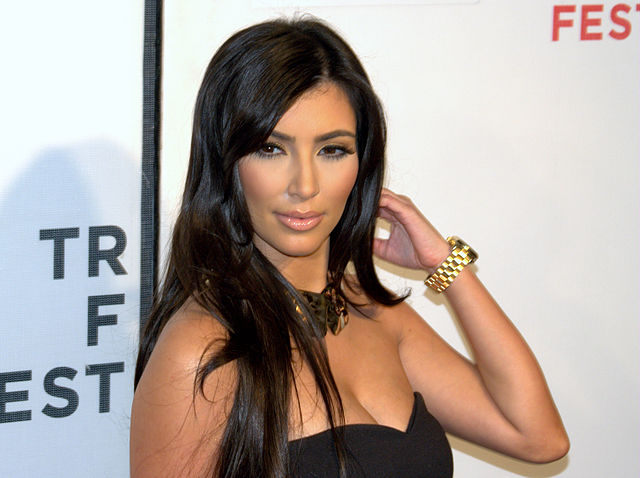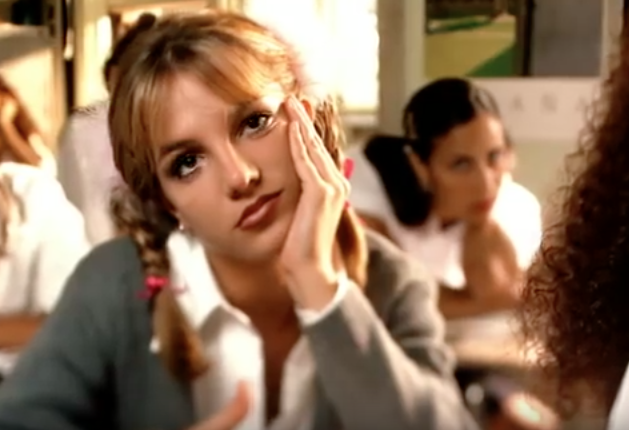The Power & Pitfalls of Vocal Intonation: Vocal Fry & Upspeak
Conjure up the stereotypical Valley Girl accent in your mind. You know, where every sentence ends in a question as the voice intonation rises? Kinda like Cher in Clueless?
This rise in intonation is called upspeak, or uptalk, by linguists. And it’s an intonation that really grinds many people’s gears. Young women who use uptalk are seen as uncertain, non-authoritative, unprofessional and even ditzy and annoying.
It’s certainly not a new phenomenon. Before the classic example of upspeak in the movie Clueless, it was already a well-established vocal trend. Here’s a news segment from 1994 bemoaning the rise in upspeak.
On the other end of the scale, perhaps to compensate for one upspeak’s rising pitch, is another voice inflection called vocal fry. Instead of a rising intonation, the voice falls to its lowest register, creating a guttural, creaking sound, particularly at the end of sentences. Think Britney’s Spears’ croaking “oh baby baby” in Baby One More Time, Zooey Deschanel’s raspy voice and the typical bored creak of the Kardashian sisters.
Photo via YouTube

Photo via Wikimedia
It’s become so widespread among younger generations of women that some are calling it an epidemic.
Like upspeak, vocal fry is not a new fad. Speech and language pathologists have long known about this speech pattern caused by air bubbling through the glottal closure, making the characteristic low vibrating sound. In the field of speech therapy it is also recognised by other names such as pulse register, pulse phonation, creak and glottal fry. It’s been recognised since the 1970’s but never has it been as prolific as it is now.
Policing women’s voices
It’s clear that despite the popular usage of both vocal fry and upspeak, society is not very accepting of these speech patterns in women. An NPR segment by Fresh Air’s Terry Gross interviewed linguistics professor Penny Eckhart, journalist Jessica Grose and speech pathologist Susan Sankin, examining the phenomenon and debating whether this speech pattern were a real problem or another way of policing women’s voices.
The arguments against vocal fry, at least for older women, are that it sounds unprofessional and irritating. Sankin argues that it distracts from what a woman is trying to say. She notes that many women (and men) go to her for help eradicating vocal fry from their speech, in order to sound more confident and professional.
It’s not just women…
Even though accusations about vocal fry and upspeak are usually aimed at young women, they’re not the only ones guilty of these vocal affectations. Penny Eckhart points out in the interview that vocal fry has, in fact, been something traditionally associated with men.
And sure enough, there’s plenty of evidence in contemporary society of men using vocal fry. Just listen to this Slate mash-up of male vocal fry. Or this This American Life podcast examining the issue, where it becomes clear that Ira Glass himself also uses vocal fry.
It’s not just vocal fry, either. Upspeak is also common among men, and not only young men. George W. Bush used upspeak commonly while president, and he’s as far away from a Valley Girl as it gets.
Despite the prevalence of both speech patterns in men, vocal fry and upspeak are still seen as women’s (or more specifically young girls’) speech “problems.”
Should we settle for a neutral tone?
The question remains whether we should see vocal fry and upspeak as problems setting women back further, or whether we see society itself as the problem.
Grose mentions that when she tried adjusting her voice to a more neutral tone after receiving negative criticism about it, she felt that her voice lost its expressiveness. Despite this, she’s aware of the need to adapt her voice to various situations.
How you talk to your friends, your parents and your boss is probably already different. And perhaps your voice inflection should be as well. There’s certainly no harm in creaking when with your friends, but in a job interview, using it may well harm your chances. Looking at it this way, adjusting your tone to the situation is on par with how you change your appearance for the occasion. Is this simply a smart, calculated move?
On the other hand, Eckhart points out in the interview that language patterns change over time. It is likely we’re sitting on the cusp of change, as evidenced by the generational gap in how we see vocal fry.
Young people, particularly young women, overwhelmingly don’t have a problem with hearing vocal fry and go as far as to rate it as positive, authoritative and a sign of a professional or upwardly mobile person.
Perhaps it’s the older generation, then, who should just get over it. Neither vocal fry nor upspeak are a new thing, nor are they exclusively “women’s problems.”
What’s your take on the vocal fry and upspeak trend? Should we let it go, or do these inflections need to go?



